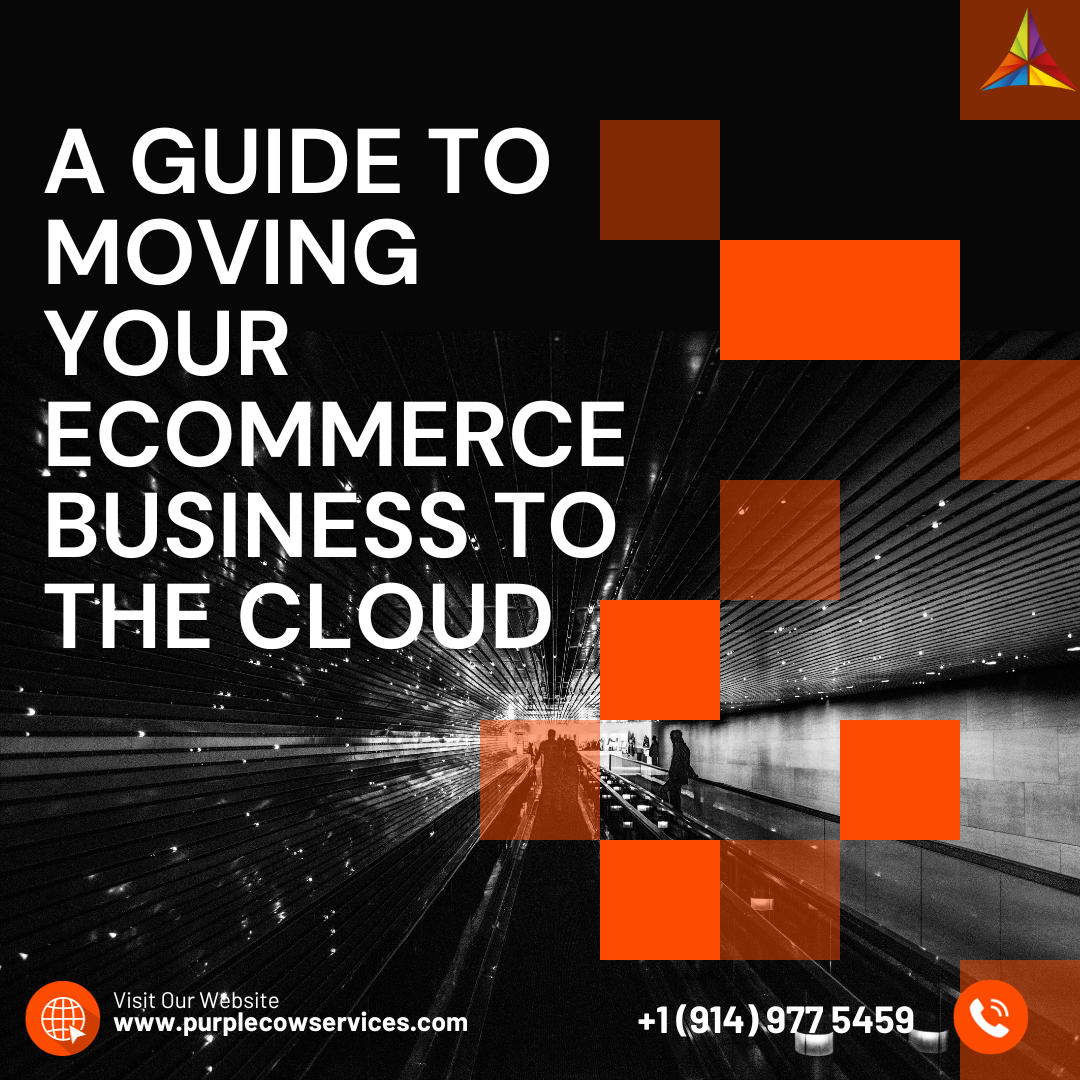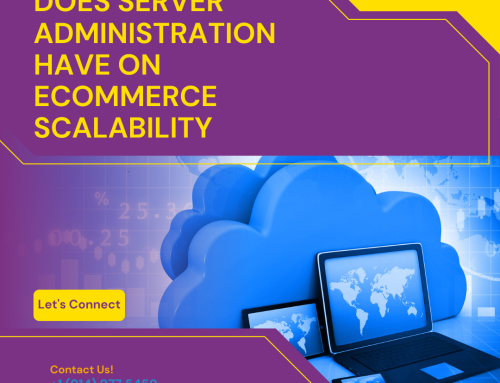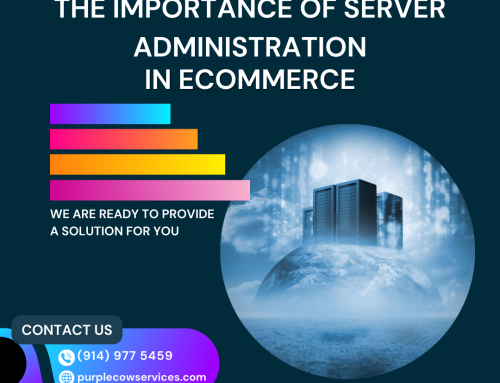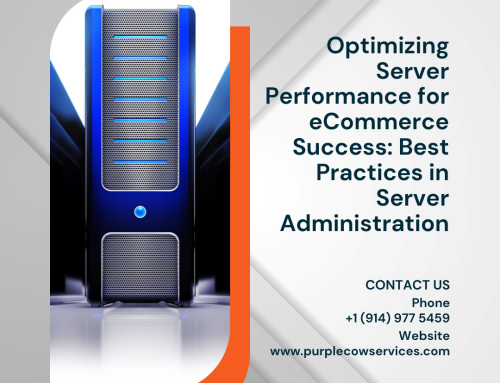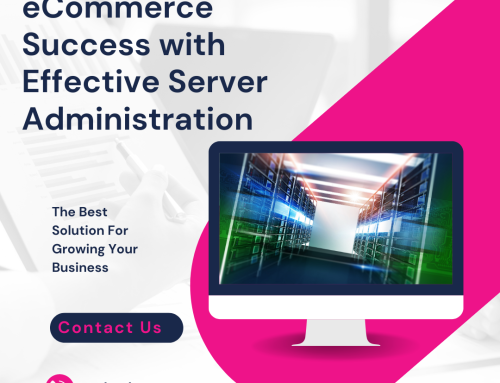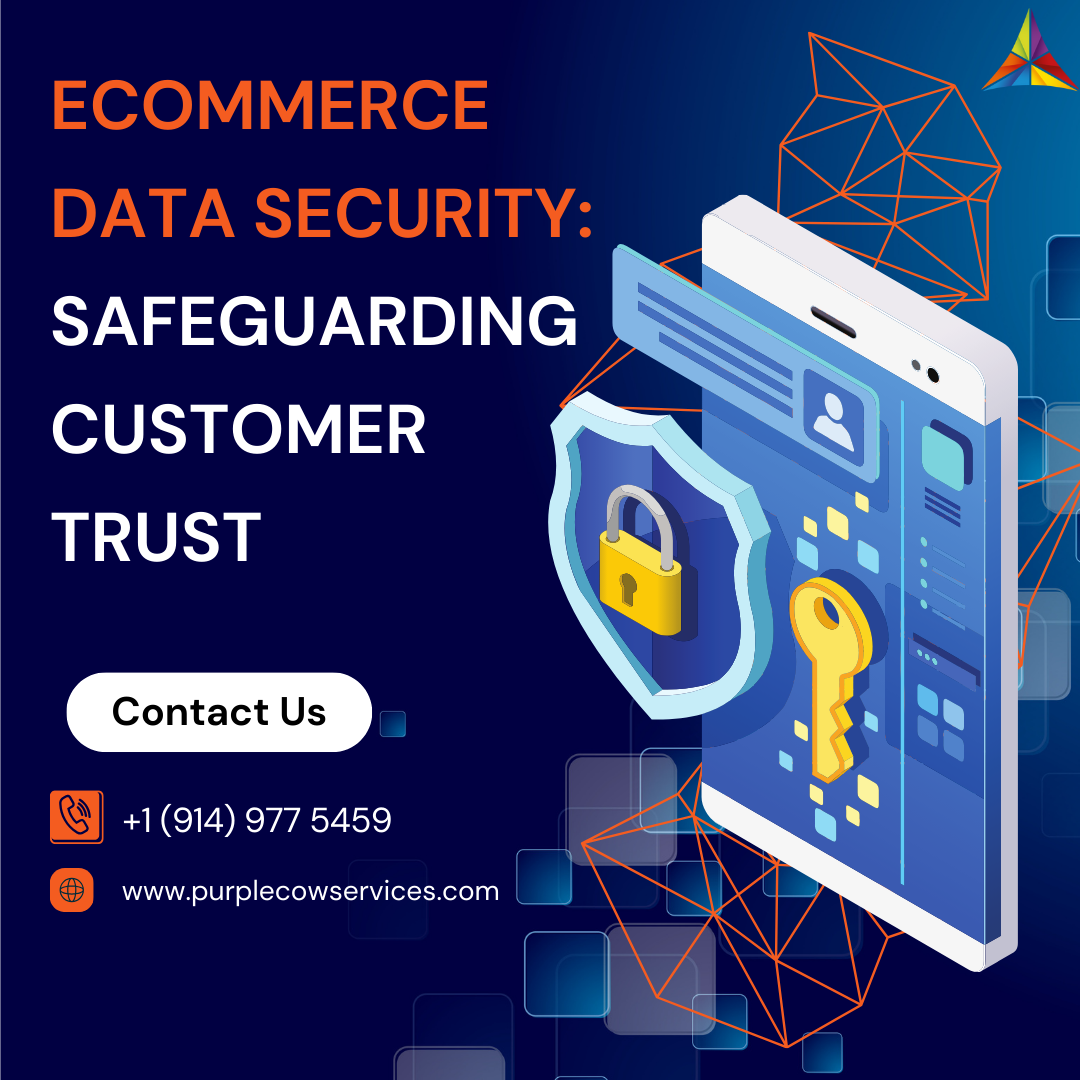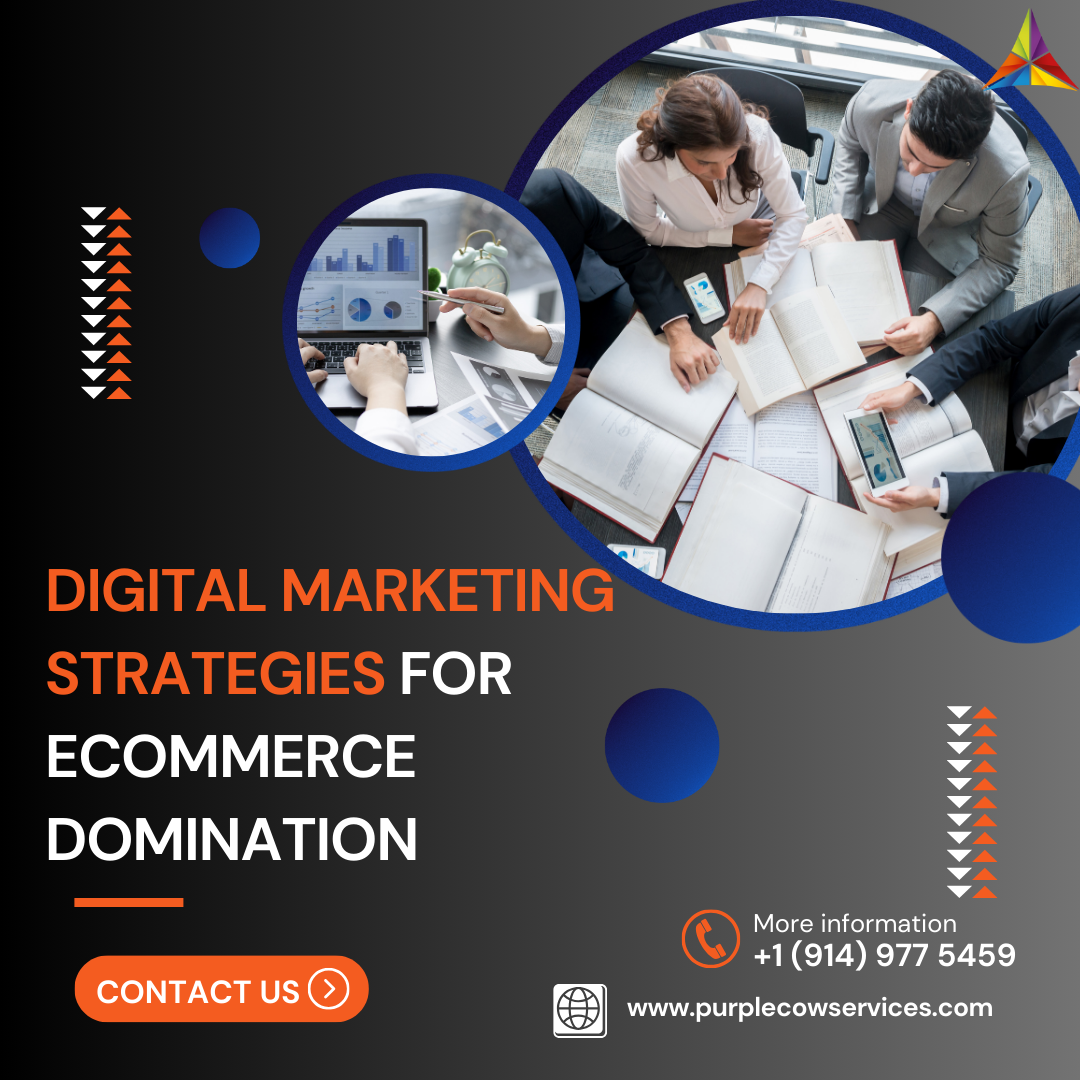Picture this: Your eCommerce business, thriving and growing like never before. Faster load times, seamless scalability, and robust security - all at your fingertips.
Share This Story, Choose Your Platform!
Welcome to the world of eCommerce Cloud Migration, where dreams become digital realities. In this blog post, we’ll take you on a journey through the transformative process of migrating your eCommerce business to the cloud. Buckle up; it’s time to soar into the digital skies!
The eCommerce Cloud Revolution
In the digital age, speed is the name of the game. The eCommerce Cloud Migration revolutionizes how businesses operate online. By harnessing the power of the cloud, you’re not just hosting your website; you’re embracing a dynamic, scalable ecosystem that adapts to your needs. No more server limitations or downtime fears. Cloud solutions offer lightning-fast load times, ensuring your customers get the snappy experience they crave.
Imagine your eCommerce site effortlessly handling traffic spikes during flash sales, Black Friday, or the holiday rush. With cloud-based servers, elasticity is your ally. It’s like having an army of servers at your disposal, ready to scale up or down as needed. This means a smoother shopping experience for your customers and fewer lost sales due to website crashes.
The Big Move: Planning for Success
Migrating your eCommerce to the cloud is an exhilarating leap forward, but it requires meticulous planning. Think of it as orchestrating a symphony; each note must be perfect for the performance to shine. Start by conducting a comprehensive audit of your current eCommerce infrastructure. What are your pain points, and what are your goals for the migration? Are there specific features or services you want to leverage in the cloud?
Next, assemble a dedicated migration team with expertise in cloud technologies. Collaboration is key here. Define roles, responsibilities, and timelines. What data needs to be migrated, and how will you ensure its integrity during the move? Make a checklist of essential components, from databases and customer data to third-party integrations and SSL certificates. In short, leave no stone unturned in your quest for a smooth transition.
Choosing the Right Cloud Provider
Selecting the right cloud provider is akin to choosing the right vehicle for a road trip. Your journey’s comfort, speed, and reliability depend on this crucial decision. Some popular cloud providers include Amazon Web Services (AWS), Google Cloud Platform (GCP), Microsoft Azure, and Shopify Plus. Each has its strengths, so evaluate them based on your specific needs.
AWS, for instance, offers a vast array of services, perfect for businesses with complex requirements. On the other hand, GCP is known for its data analytics and machine learning capabilities. Microsoft Azure seamlessly integrates with existing Microsoft software, making it a favorite for enterprises. Shopify Plus, tailored for eCommerce, brings unique advantages for online businesses.
Your choice should align with your current infrastructure, future scalability needs, and the level of control you desire. The key is to pick a provider that not only meets your needs today but also grows with you as your eCommerce empire expands.
Data Migration: Handling Your Crown Jewels
Your data is the lifeblood of your eCommerce business, and its migration to the cloud is a pivotal moment. This process involves transferring databases, customer records, transaction histories, and more. Data security is paramount, and your migration strategy should reflect that.
Start by taking inventory of your data, identifying sensitive information, and ensuring compliance with data protection regulations. Then, establish robust encryption and authentication protocols to safeguard your data throughout the migration process. Ensure data consistency and integrity during the transfer.
One popular approach is the “lift and shift” method, where data and applications are migrated as-is to the cloud. Alternatively, you can opt for a gradual migration, moving specific datasets in phases. Whichever method you choose, meticulous planning and testing are essential to minimize downtime and data loss.
A New Digital Ecosystem: Leveraging Cloud Services
Once you’ve migrated your eCommerce business to the cloud, a world of cloud services and tools awaits. These services are the building blocks of your digital infrastructure, each designed to enhance specific aspects of your online store.
- Content Delivery Networks (CDNs): CDNs ensure your website’s content loads quickly, regardless of a visitor’s location. Faster loading times improve user experience and boost search engine rankings.
- Scalable Servers: Cloud servers allow you to scale your website’s performance up or down based on traffic demands. This flexibility ensures consistent performance during peak shopping seasons.
- Database Management: Cloud-based databases offer scalability, reliability, and high availability. They ensure your product catalog and customer data are easily accessible and secure.
- Analytics and Machine Learning: Cloud platforms provide advanced analytics tools that help you understand customer behavior, predict trends, and optimize your marketing strategies.
- Security Features: Cloud providers offer robust security services, including threat detection, firewalls, and data encryption. These features safeguard your eCommerce business against cyber threats.
- Content Management Systems (CMS): Cloud-based CMS platforms make it easy to manage and update your eCommerce website’s content, ensuring a seamless shopping experience.
Embracing Agility and Scalability
One of the most compelling reasons to migrate your eCommerce business to the cloud is the agility it offers. Traditional hosting solutions often struggle to keep up with sudden traffic spikes, leading to slow loading times and lost sales opportunities. In contrast, cloud hosting provides the agility you need to adapt to changing demand effortlessly.
Boosting Security and Compliance
Security is paramount in eCommerce, where sensitive customer information, such as payment details, is at stake. With the cloud, you gain access to cutting-edge security measures and compliance certifications that help protect your business and customer data.
Cost-Effective Scalability
Traditional hosting often involves substantial upfront hardware costs, making it challenging to scale as your eCommerce business grows. In contrast, the cloud’s pay-as-you-go model allows you to scale your resources up or down based on demand, optimizing costs.
Seamless Customer Experiences
In eCommerce, a seamless and responsive website is essential to retaining customers and increasing sales. Cloud hosting ensures faster page load times, reducing bounce rates and improving conversion rates.
Future-Proofing Your eCommerce Brand
In the rapidly evolving landscape of online retail, adapting to change is essential. By migrating your eCommerce business to the cloud, you future-proof your brand by gaining access to cutting-edge technologies and scalability that can keep your business competitive and agile in the years to come.
Conclusion: Navigating the Cloud Revolution
Migrating your eCommerce business to the cloud is not just a technological upgrade; it’s a strategic move toward future success. From enhanced performance and security to cost-effective scalability and improved customer experiences, the benefits are undeniable. By following a well-structured plan, selecting the right cloud provider, and embracing the power of cloud services, you can propel your eCommerce business into a new era of growth and resilience. Join the cloud revolution and seize the digital future of eCommerce today!
Unlock the Future of eCommerce with Purple Cow‘s eCommerce Cloud Migration Service. Elevate your online business to new heights with seamless scalability, enhanced security, and lightning-fast performance. Join the Cloud Revolution and future-proof your brand today!
Share This Story, Choose Your Platform!
In This Blog:


